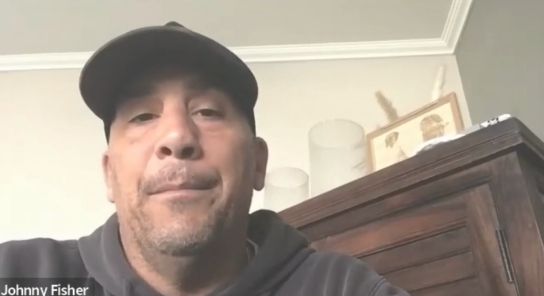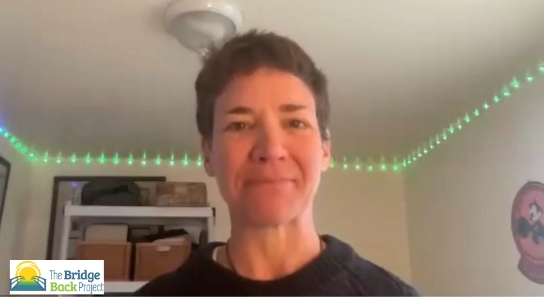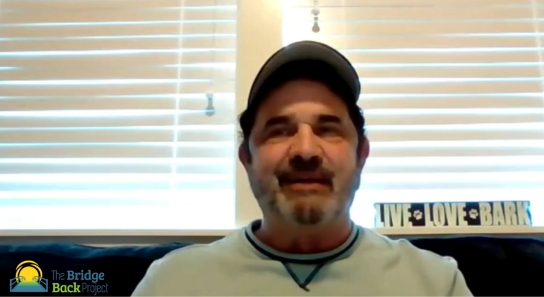Our Accessibility efforts are designed to identify and dismantle barriers that prevent people from accessing quality Fascial Counterstrain care.
Accessibility
Accessibility
Financial Assistance Program
We award $600 grants to qualified applicants to fully cover three 60 minute Fascial Counterstrain sessions with approved clinicians in our Provider Network.
Outreach Work
We collaborate with community partners and peer-network agencies to build awareness about our programs so that we can bring more relief and hope to underserved individuals.


Fascial Counterstrain offers incredible potential for healing, but most people don’t even know about it, and for those that do, many experience insurmountable barriers to accessing it.
FINANCIAL ASSISTANCE PROGRAM
Discover the Power of Counterstrain
186
Individuals provided with grants to cover Fascial Counterstrain treatments
558
Fascial Counterstrain treatment hours provided to individuals recovering from physical trauma and injury
10
Cities in the United States with in-network providers

What is the Financial Assistance Program?
The Financial Assistance Program awards grants to individuals recovering from trauma who want to explore Fascial Counterstrain treatment as part of their recovery plan. Each grant is for $600, which fully covers three Fascial Counterstrain sessions with approved clinicians in our Provider Network.
Most clients report that three sessions is sufficient to experience noticeable positive results. Many report feeling effects after just one appointment - such as reduction in pain, improved sleep, and reduced tension. Please keep in mind that every case and every body is different, and experiences will vary.
Once awarded, funds are distributed directly to the in-network provider of your choice to cover three FCS sessions.
Fascial Counterstrain is a gentle, non-invasive, physical treatment that can offer immediate relief and restoration directly to the body’s tissues and nervous system. It is a powerful care option for people with treatment-resistant trauma.
Unfortunately, the out-of-pocket cost of treatment can be an obstacle that prevents many people from accessing these potentially life-changing treatments.
Physical and mental trauma dramatically diminish quality of life and contribute to staggering rates of suicide and mental health problems. The potential benefits offered by Fascial Counterstrain can support people recovering from trauma by giving their bodies the reset it needs to heal.
Who is the Financial Assistance Program for?
We serve survivors of trauma, taking into account the complex factors that contribute to acute and chronic trauma, including injury, illness, disability, discrimination, high-risk professions, and systemic disenfranchisement.
- BIPOC
- First Responders and Healthcare Frontline
- LGBTQIA2S+
- Military and Veterans
We operate on the honor system through our self-report applications. We do not require documentation of financial need when you apply for a grant.
We are committed to expanding eligibility criteria as funding permits.

How does it work?
If you identify as belonging to one or more of the communities listed above, you can submit your information below to get on the waitlist. We will notify you when the next grant cycle is open for application.

How is it funded?
The Bridge Back Project is able to fully fund three Fascial Counterstrain sessions through generous donations from friends of the project and past participants who want to make sure others can experience the benefit they’ve received.
The Bridge Back Project also works year-round applying for grants, collaborating with strategic partners, and testing out new fundraising initiatives to build our reserve and extend our long term capacity to offer and grow our programs.
Stories of lives changed by Fascial Counterstrain

Retired California Highway Patrol Officer Johnny Fisher talks about his experience with receiving Fascial Coutnerstrain as part of the Bridge Back Project's Financial Aid Program. The offscreen voice is Theora Moench, Bridge Back Project’s Executive Director.

Retired Naval Aviator and professional athlete Dr. Kristin Barnes shares her experience with Fascial Counterstrain. The offscreen voice is Theora Moench, Bridge Back Project’s Executive Director.

Veteran and retired police officer Ron Hansen talks about his experience receiving counterstrain as part of the Bridge Back Projcet's Financial Aid Program. The offscreen voice is Theora Moench, Bridge Back Project’s Executive Director.
Do you want to receive regular updates on upcoming events and news regarding The Bridge Back Project?